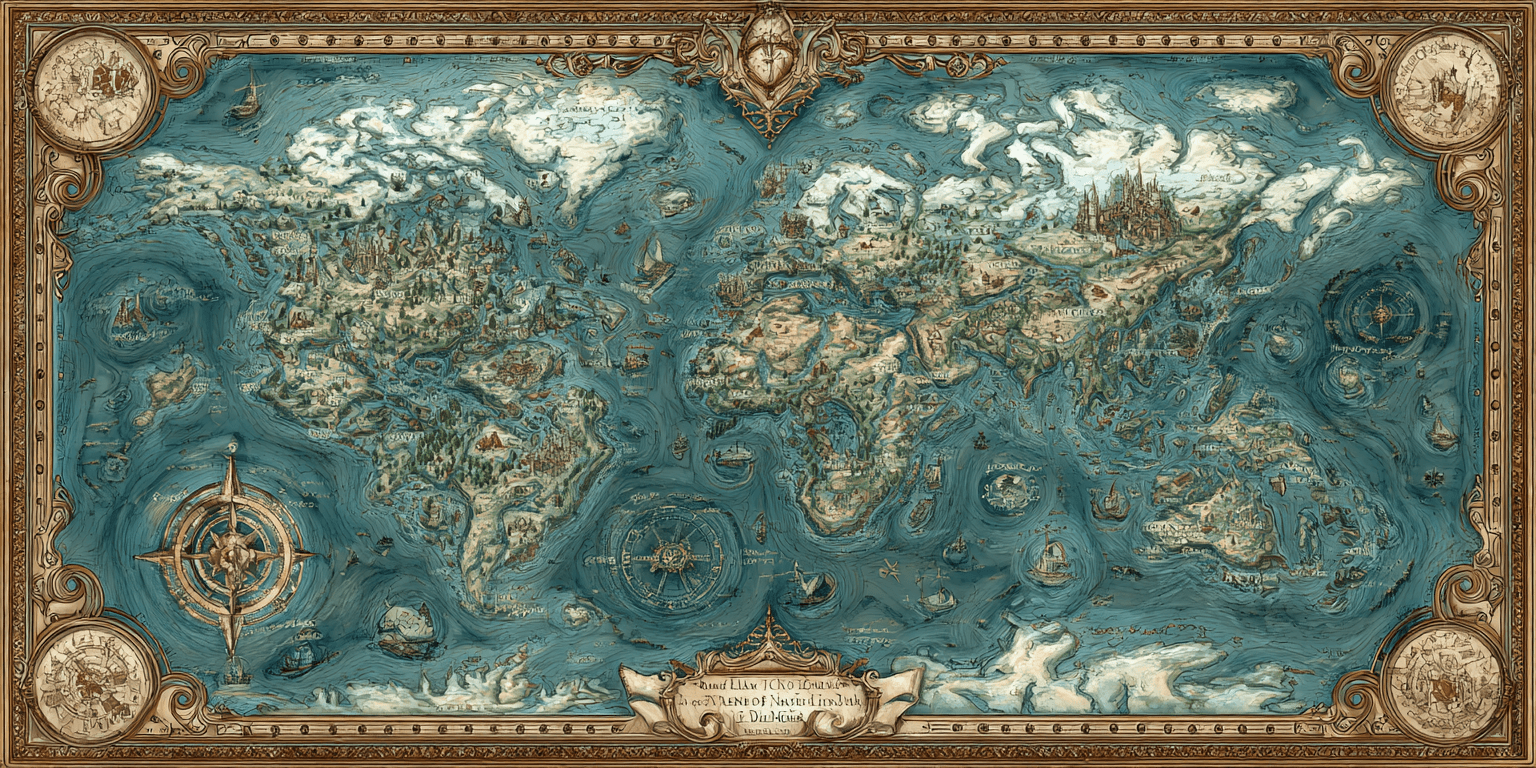Ṣalaḥ al-Irānī
July 15, 2020
3 mins read
An authentic prophetic narration on Yaʾjūj and Maʾjūj, explained by Shaykh al-Albānī and reconciled with Qurʾānic verses, demonstrating the harmony between revelation and sound ḥadīth scholarship.

It is authentically reported from Abū Hurayrah (d. 57 AH / 676 CE) that the Prophet ﷺ said:
“Yaʾjūj and Maʾjūj dig through the barrier every day until, when they are about to see the rays of the sun, the one in charge of them says: ‘Withdraw; we will continue digging tomorrow.’ Then Allah restores it to its original state, stronger than it was before.
This will continue until, when their appointed time arrives and Allah wills to release them upon the world, they will dig until they are about to see the rays of the sun. The one in charge of them will then say: ‘Withdraw; we will continue digging tomorrow, if Allah wills,’ thereby attaching it to Allah’s will. They will return to it and find it as they had left it. They will then break through and surge forth upon the people.
They will drink up the waters, and people will retreat into their fortresses. They will shoot arrows into the sky, and the arrows will return to them stained with blood. They will say: ‘We have subdued the people of the earth and overcome those in the heaven.’
Then Allah will send worms into the napes of their necks, and they will perish.”
The Messenger of Allah ﷺ then said:
“By the One in Whose Hand is my soul, the beasts of the earth will grow fat and their udders will be filled due to their flesh.”
Shaykh Muḥammad Nāṣir al-Dīn al-Albānī (1333–1420 AH / 1914–1999 CE) said regarding this ḥadīth:
“Al-Ḥāfiẓ Ibn Kathīr cited Imām Aḥmad’s version of this ḥadīth in his exegesis of the verses relating to Dhū al-Qarnayn and his construction of the barrier, and Allah’s statement regarding Yaʾjūj and Maʾjūj: ﴿So they were not able to scale it, nor were they able to pierce it﴾ ﴿Qurʾān 18:97﴾.
He then said: ‘Its chain of transmission is good and strong. However, attributing the wording of the ḥadīth directly to the Prophet ﷺ presents a difficulty, because the verse indicates that they were unable to climb or bore through it due to its precise construction, strength, and durability.’”
Shaykh al-Albānī then stated:
“Yes, however, the verse does not indicate in any way that they will never be able to do so. The verse refers to the past, whereas the ḥadīth refers to a future event. Therefore, there is neither contradiction nor anomaly here. Rather, the ḥadīth is in complete harmony with the Qurʾān, especially Allah’s statement:
“Until, when Yaʾjūj and Maʾjūj are released and they descend from every elevation” (Qurʾān, Sūrat al-Anbiyāʾ 21:96).”
He further added:
“After writing this, I consulted Ibn Kathīr’s work al-Bidāyah wa al-Nihāyah and found that he offered an explanation similar to mine, although I have certain criticisms which would lengthen this discussion were we to mention them here. Whoever wishes may refer to it.”
This ḥadīth was reported by al-Tirmidhī, Ibn Mājah, Aḥmad, Ibn Ḥibbān, and al-Ḥākim, who said:
“It is authentic according to the conditions of al-Bukhārī and Muslim.”
Al-Dhahabī agreed with him, and Shaykh al-Albānī likewise affirmed its authenticity.
Reference
Muḥammad Nāṣir al-Dīn al-Albānī (1420 AH / 1999 CE), Silsilat al-Aḥādīth al-Ṣaḥīḥah, Dār al-Maʿārif, Riyadh, vol. 4, pp. 313–315.